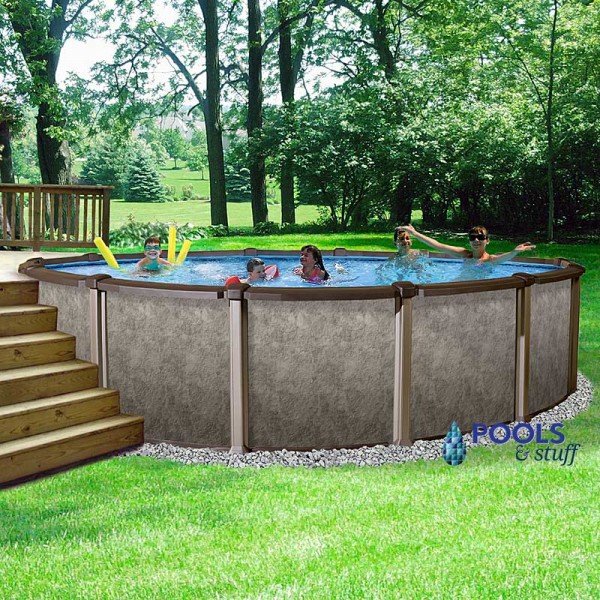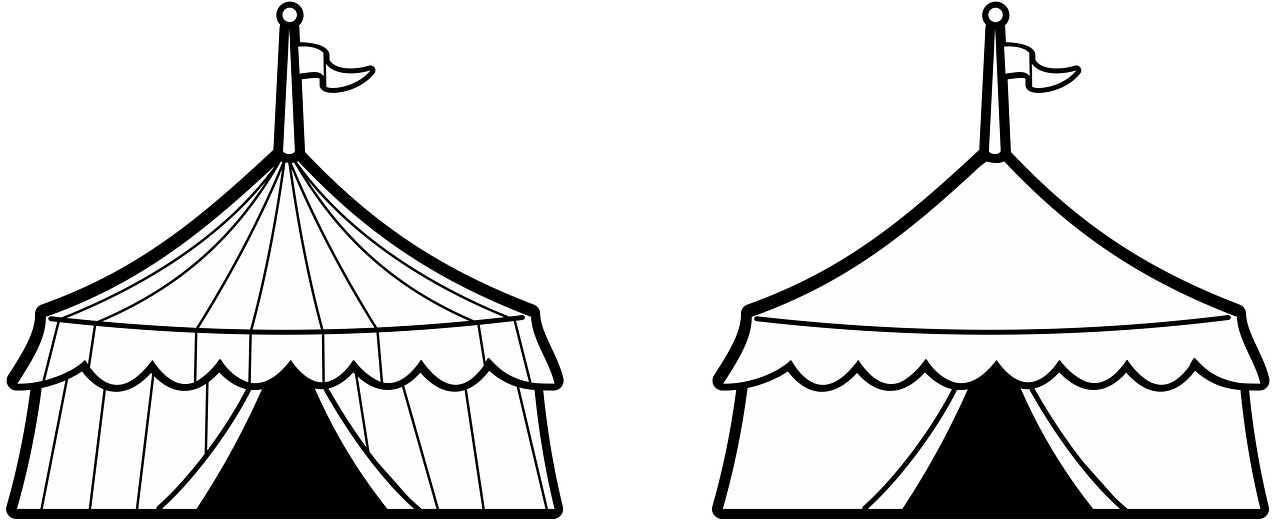Thinking of installing an inground pool in your yard? Before you jump in, there are crucial factors you must consider. This pool planning guide will give you the essential information you need for a successful installation. From permits and regulations to yard protection and historical considerations, we've got you covered. By taking these factors into account, you'll be well-prepared to make informed decisions and create the pool of your dreams. Dive into this guide and get ready to make a splash!
Key Takeaways
- Check if your yard is in a protected or historic district and consult local authorities for pool installation policies
- Familiarize yourself with safety barrier guidelines and consider installing fences or pool covers for added safety
- Verify the absence of electrical wiring and research underground utility lines for potential rerouting needs
- Assess terrain and potential need for excavation or retaining walls before installing an inground pool
Pool Design Considerations
When considering pool design, take into account factors such as the shape, size, and depth that will best suit your needs and preferences. The pool layout is an essential aspect to consider, as it determines the overall functionality and visual appeal of the pool area. You can choose from various shapes, including rectangular, oval, kidney-shaped, or freeform, depending on your personal taste and the available space in your yard. Additionally, consider the size of the pool, as it will determine the amount of space you have for swimming and other activities.
Another important consideration is the pool aesthetics. The design of your pool should complement the overall look and feel of your outdoor space. You can choose from a wide range of materials for the pool deck, such as concrete, pavers, or natural stone, to create a cohesive and visually appealing look. Additionally, think about incorporating features such as waterfalls, fountains, or decorative tiles to enhance the visual appeal of your pool.
Furthermore, think about the depth of your pool. The depth can vary based on your preferences and the intended use of the pool. If you have young children or non-swimmers, consider including a shallow area or a separate wading pool for their safety. On the other hand, if you enjoy diving or want to incorporate a slide, consider including a deeper area in your pool design.
Budgeting for Your Inground Pool
To budget for your inground pool, factor in costs for excavation, pool equipment, landscaping, and any necessary permits or inspections. When it comes to pool construction costs, it's important to consider all the elements involved in the process. Excavation costs can vary depending on the size and complexity of the project. This includes the removal of soil and any necessary grading or leveling of the area. Pool equipment, such as pumps, filters, and heaters, should also be factored into your budget. These items are essential for the proper functioning of your pool and can vary in price depending on the brand and quality. Additionally, landscaping costs should be considered. This includes any necessary hardscaping, such as walkways or patios, as well as the cost of plants, trees, and other decorative elements. Lastly, don't forget about the costs of permits and inspections. These are necessary to ensure that your pool meets all safety and building code requirements. As for financing options, there are several routes you can take. Many pool companies offer financing plans that allow you to pay for your pool over time. Another option is to secure a home equity loan or line of credit. This allows you to borrow against the equity you have in your home. Lastly, you could also consider using a personal loan to finance your pool construction costs. It's important to carefully consider your options and choose the financing option that best fits your budget and financial situation.
Legal Requirements for Pool Installation
Ensure that you are aware of and adhere to all legal requirements for the installation of your pool. Here are three key considerations when it comes to the legal aspects of pool installation:
- Building Permits: Before you begin construction on your pool, it is essential to obtain the necessary building permits. These permits ensure that your pool complies with local building codes and regulations. Contact your local municipality or building department to find out the specific requirements and procedures for obtaining the permits.
- Setback Requirements: Setback requirements refer to the minimum distance that your pool must be located from property lines, other structures, or natural features. These requirements are in place to ensure safety, privacy, and compliance with zoning regulations. Check with your local planning department or building code officials to determine the setback requirements for your specific location.
- Enclosure Requirements: Some jurisdictions may have regulations regarding pool enclosures. These regulations typically aim to prevent accidents and ensure the safety of children and pets. Enclosures can include fences, gates, or covers. Research the specific requirements in your area and make sure to incorporate them into your pool design plans.
Environmental Impact of Inground Pools
Understanding the environmental impact of your inground pool is crucial for making informed decisions during the installation process. When it comes to environmental sustainability, there are several conservation measures you can take to minimize the negative effects of your pool on the surrounding ecosystem.
One important aspect to consider is water conservation. Pools require a significant amount of water to fill and maintain, so it's important to implement measures to minimize water waste. Installing a pool cover can help reduce evaporation, while regular maintenance and proper filtration systems can ensure water quality and reduce the need for frequent refilling.
Additionally, landscaping choices around your pool can also contribute to its environmental impact. Opting for native plants and drought-resistant vegetation can help conserve water and reduce the need for excessive irrigation. These plants also provide habitat for local wildlife, promoting biodiversity in your backyard.
Furthermore, energy conservation should also be a priority. Choosing energy-efficient pool equipment such as pumps and heaters can significantly reduce the energy consumption of your pool. Additionally, utilizing solar-powered or LED lighting can further minimize your pool's carbon footprint.
Importance of Planning and Informed Choices
When making decisions about your pool installation, it's crucial to plan carefully and make informed choices to ensure a sustainable and environmentally-friendly outcome. Here are three reasons why thorough research is important when it comes to pool construction:
- Understanding the permits and regulations: Building a pool involves navigating various permits and regulations. By conducting thorough research, you can determine if your yard is in a protected or historic district, find out setback requirements, and learn if an enclosure is required for your pool. It's important to consult with local and state government agencies to ensure compliance and obtain the necessary approvals.
- Addressing potential challenges: Thorough research allows you to identify and address potential challenges in pool construction. For example, you can ensure that your yard is at least 100 feet from bodies of water and consider the impact of the water table on an inground pool. By checking groundwater measurements and records in your area, you can make informed decisions about the pool's design and construction.
- Historical and environmental considerations: If your home is in a historic district or classified as a landmark, it's essential to research pool installation policies and obtain construction approval. Thorough research can help you navigate the requirements of historical district committees and utilize resources like the State Historic Preservation Office. Additionally, by understanding pool enclosure requirements and safety guidelines, you can ensure the pool is built to code and minimize potential hazards.
Frequently Asked Questions
What Are the Maintenance Costs Associated With Owning an Inground Pool?
Pool maintenance costs can vary depending on factors such as the size of the pool, the type of equipment used, and the local climate. Regular expenses may include water testing kits, chemicals, cleaning supplies, and energy costs for running the pool pump and heater. Additional costs may arise for repairs, equipment upgrades, and professional cleaning services. It's important to budget for these pool upkeep expenses to ensure the long-term enjoyment and functionality of your inground pool.
How Long Does the Pool Installation Process Typically Take?
The pool installation timeline can vary depending on several factors. Factors that can affect the time it takes to install a pool include the size and complexity of the pool, the availability of materials and equipment, the weather conditions, and the contractor's schedule. It is important to discuss these factors with your pool contractor to get a better understanding of the estimated timeline for your specific project. Keep in mind that unexpected delays or complications may arise during the installation process, so it's always good to plan for some flexibility in the timeline.
Are There Any Specific Safety Regulations or Guidelines for Pool Lighting?
When considering pool lighting, it's crucial to be aware of the specific safety regulations and guidelines. Pool lighting not only enhances the aesthetic appeal but also plays a vital role in ensuring safety. Adequate lighting helps improve visibility, preventing accidents and creating a secure environment for swimming. It's important to comply with the regulations set by organizations like the US Consumer Product Safety Commission to ensure the proper installation and use of pool lighting.
Can I Install a Pool Heater to Extend the Swimming Season?
Yes, you can install a pool heater to extend the swimming season. A pool heater provides several benefits, including the ability to enjoy your pool for a longer period of time. However, it's important to consider the cost of pool heating. Pool heaters can be expensive to purchase and operate, so it's essential to factor in the additional expenses when planning your pool installation. It's recommended to research different types of pool heaters and consult with professionals to determine the most suitable and cost-effective option for your needs.
Are There Any Restrictions on the Type of Landscaping or Plants That Can Be Used Around the Pool Area?
When considering landscaping for your pool area, it's important to be aware of any restrictions that may be in place. Some municipalities have regulations on the types of plants or landscaping materials that can be used around pools, particularly in terms of safety and maintenance. It's advisable to consult with your local authorities or homeowner's association for specific guidelines. When choosing plants, opt for ones that don't shed excessively or have invasive root systems to minimize maintenance and potential damage to the pool.
Conclusion
In conclusion, thoroughly considering the necessary permits, regulations, yard protection, property considerations, and pool enclosure requirements is crucial before installing an inground pool. By conducting thorough research and making informed choices, you can ensure a smooth installation process that meets all legal requirements and environmental considerations. Take the time to plan and budget accordingly to create a stunning and enjoyable inground pool that will enhance your yard for years to come.




